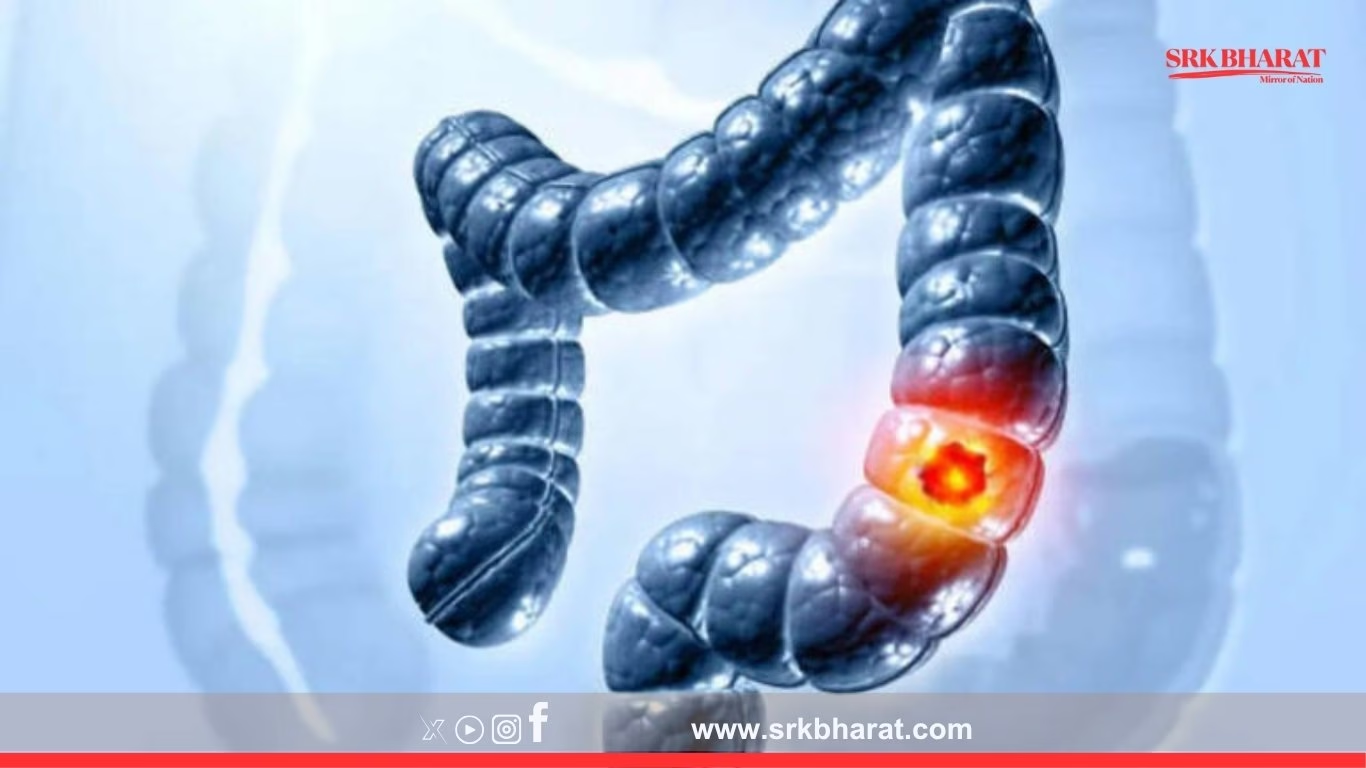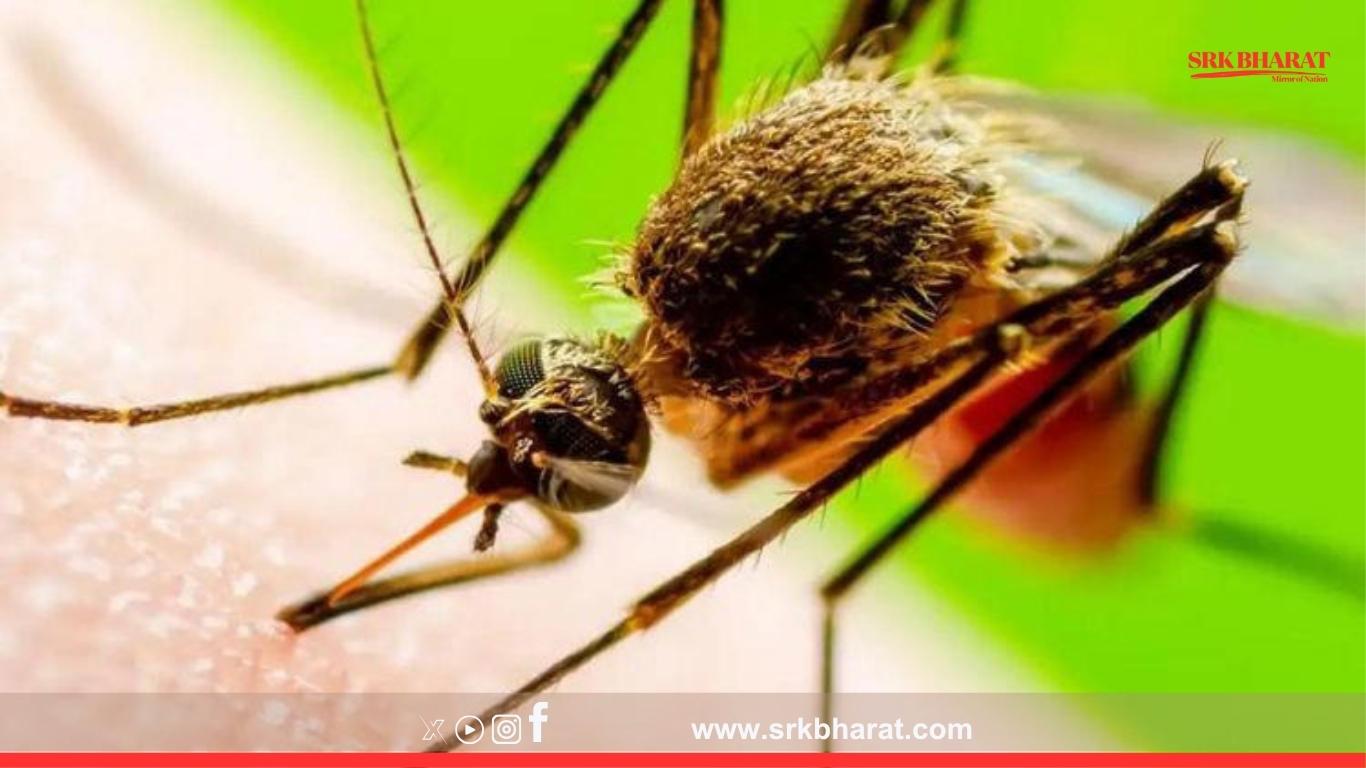Zucchini, a popular summer squash, is generally considered safe and nutritious. However, in rare cases, it can cause food poisoning due to the presence of cucurbitacins, naturally occurring compounds that can be toxic in high concentrations.
What Causes Zucchini Poisoning?
Cucurbitacins are bitter compounds found in some members of the cucurbit family, including zucchini, cucumbers, pumpkins, and squash. While commercial varieties are bred to suppress these toxins, certain factors can lead to an increase in cucurbitacin levels:
- Cross-pollination with wild cucurbits in home gardens.
- Environmental stress, such as extreme temperatures or drought.
- Genetic factors, particularly in heirloom or non-commercial varieties.
Symptoms of Zucchini Poisoning
Consuming zucchini with high cucurbitacin levels can lead to severe gastrointestinal distress, including:
- Abdominal pain
- Vomiting
- Bloody diarrhea
- Liver damage in extreme cases
A bitter taste is often the first warning sign of high cucurbitacin levels.
How to Prevent Zucchini Poisoning
To avoid the risk of poisoning:
- Discard bitter-tasting zucchini immediately.
- Source zucchini from reputable suppliers to ensure quality.
- Avoid wild or ornamental varieties, which may contain higher toxin levels.
- Use certified seeds when growing zucchini at home.
- Prevent cross-pollination with wild gourds to minimize toxin production.
What to Do If You Suspect Poisoning?
Seek medical help if symptoms persist for more than 24 hours, worsen despite home treatment, or lead to severe dehydration.
While zucchini poisoning is rare, awareness and caution can help prevent serious health risks.











